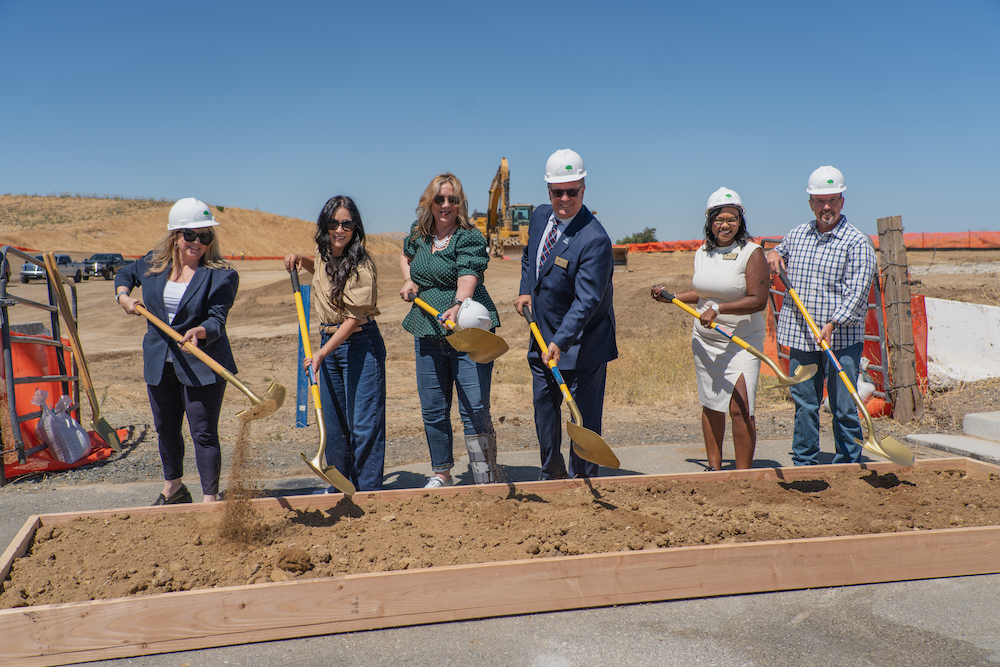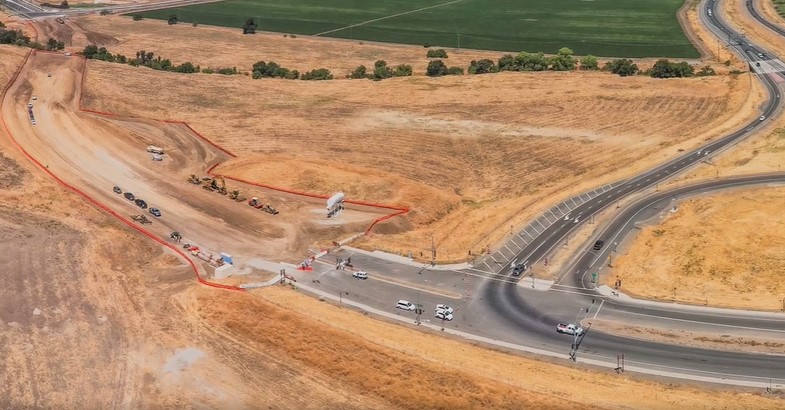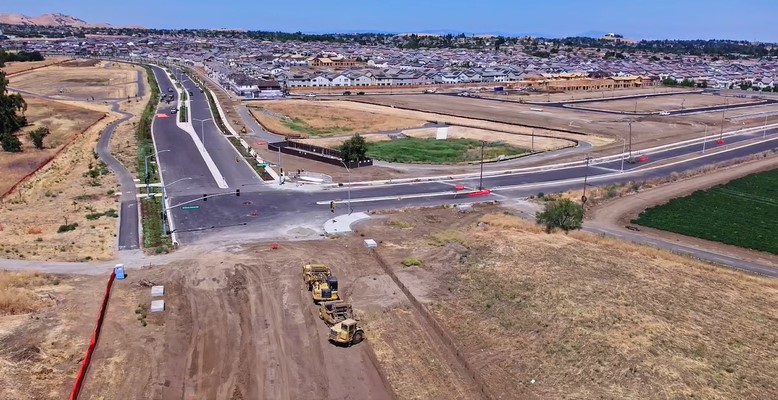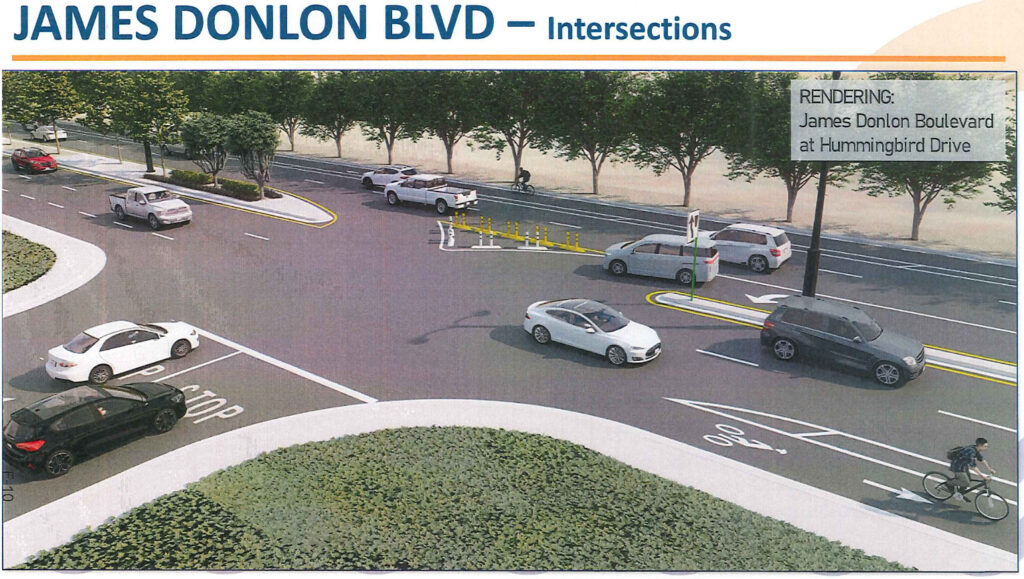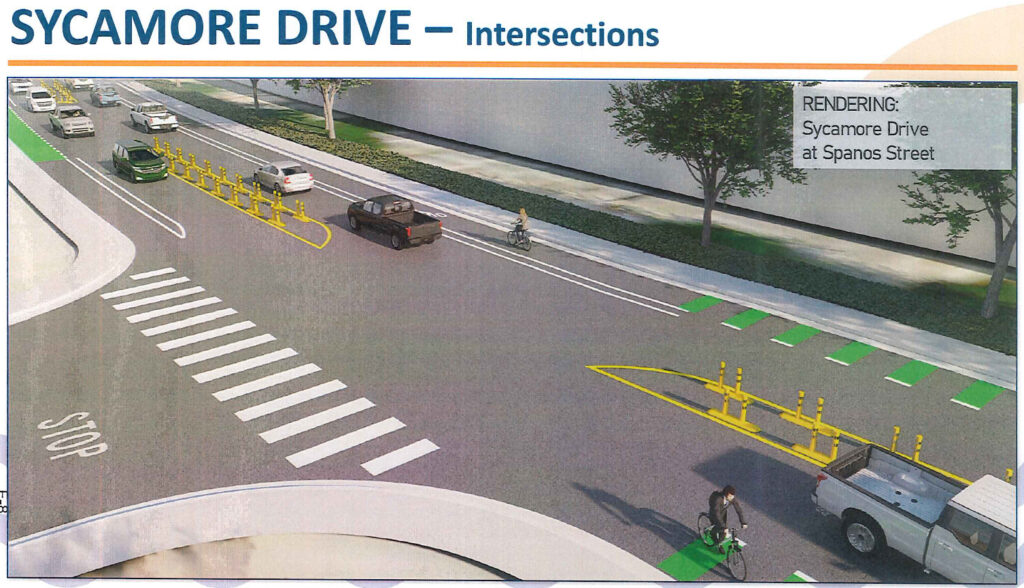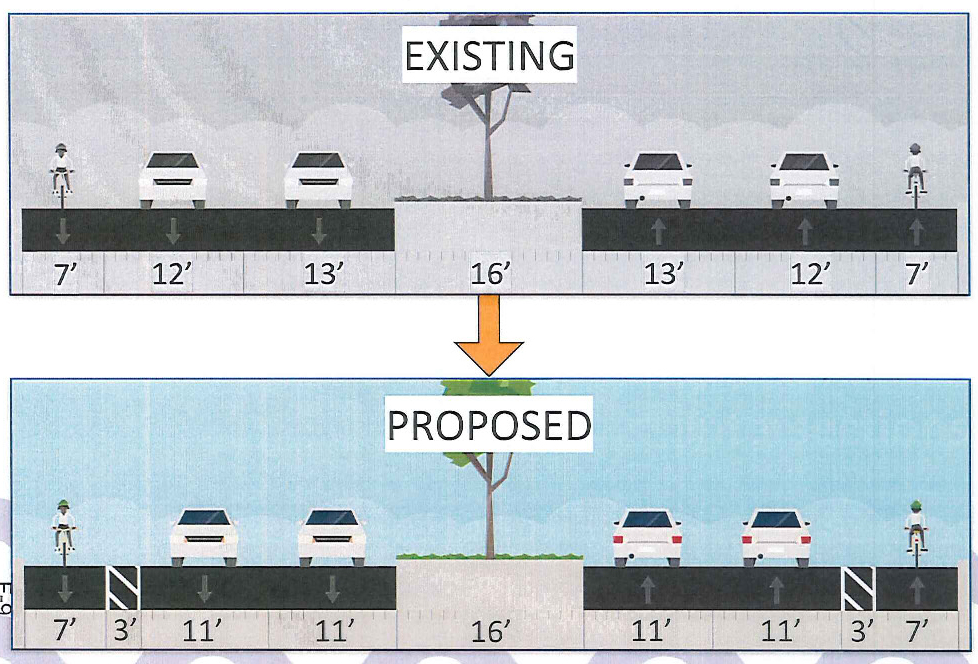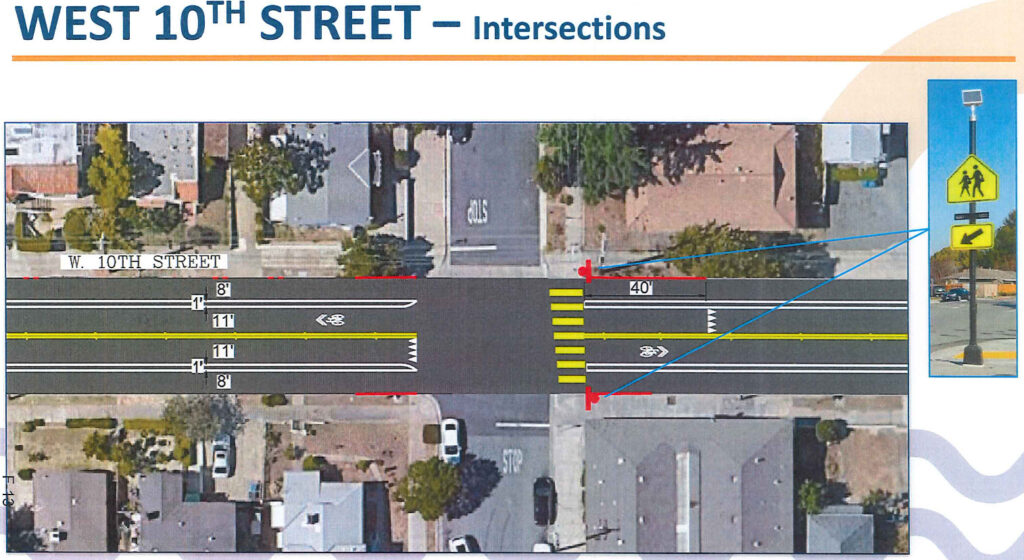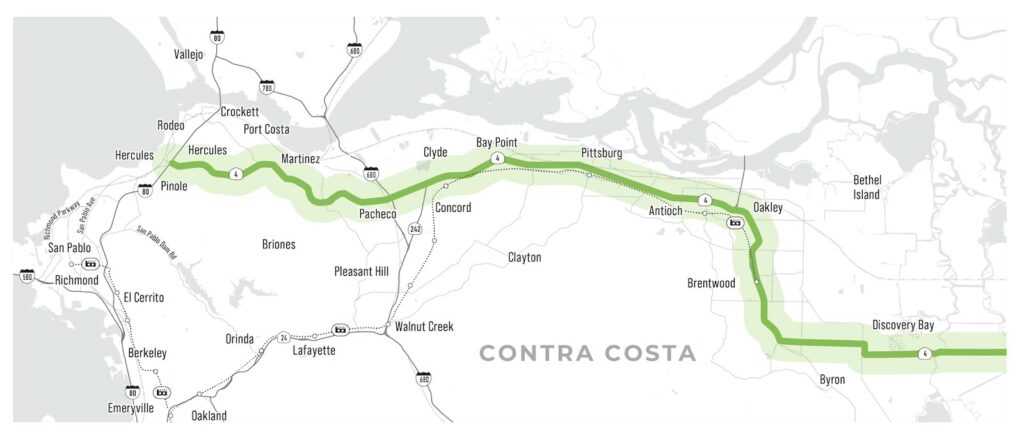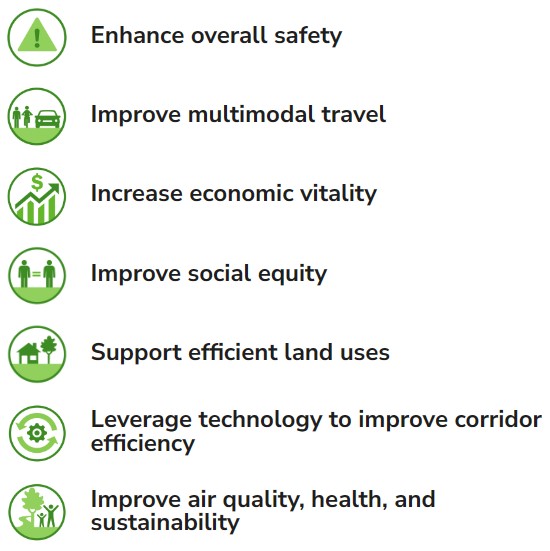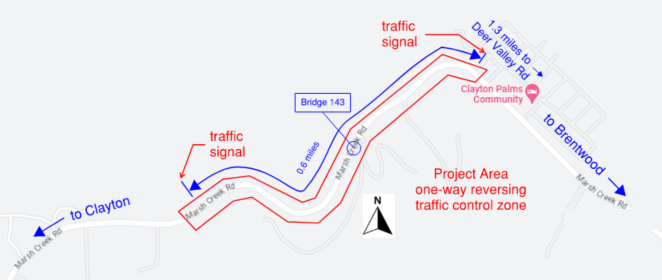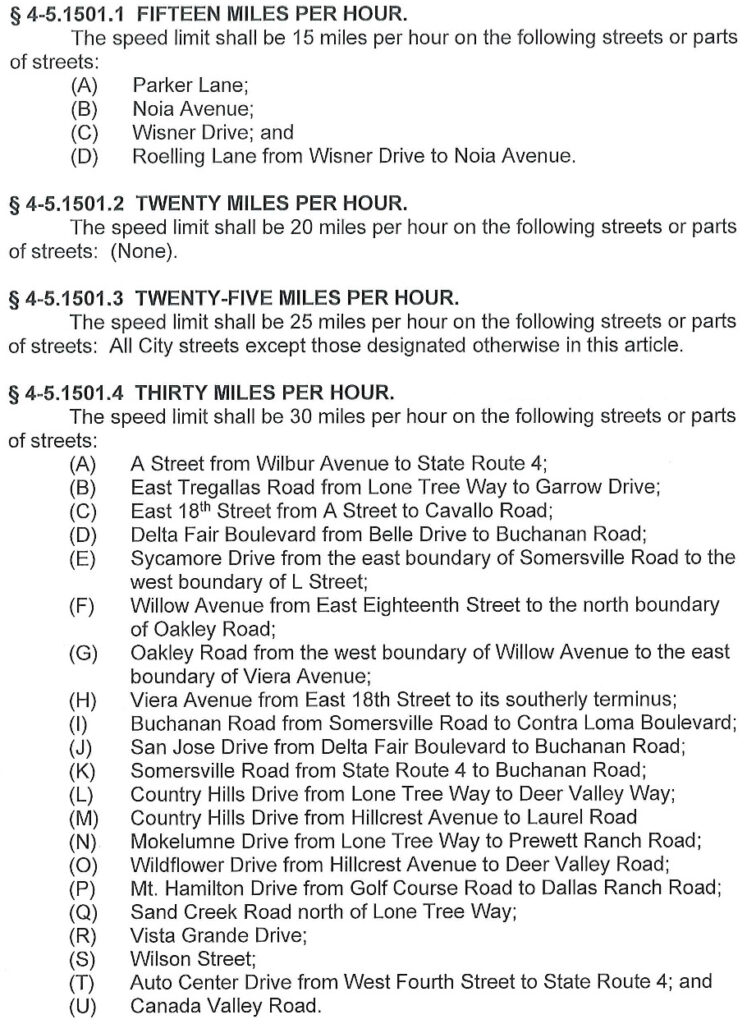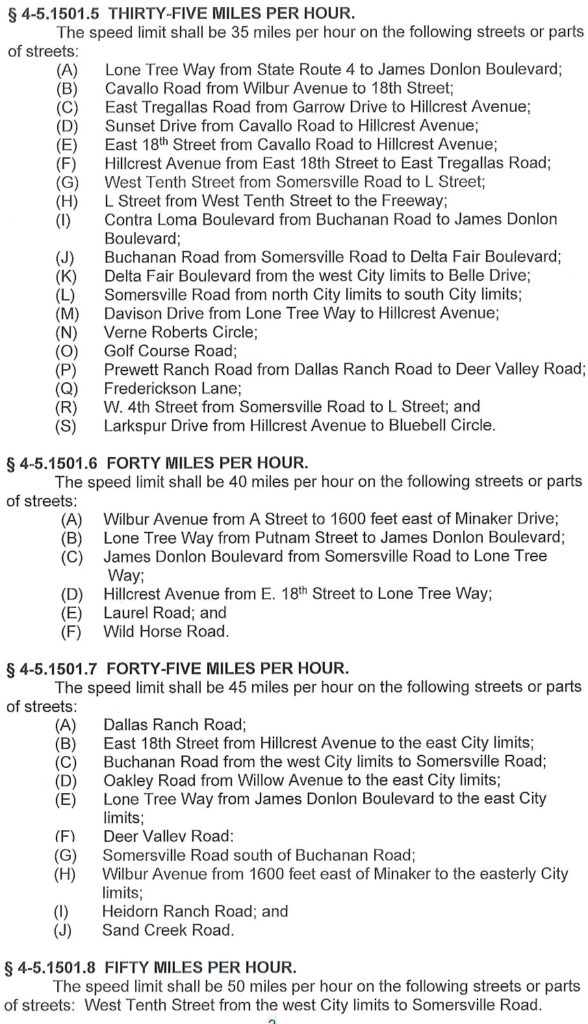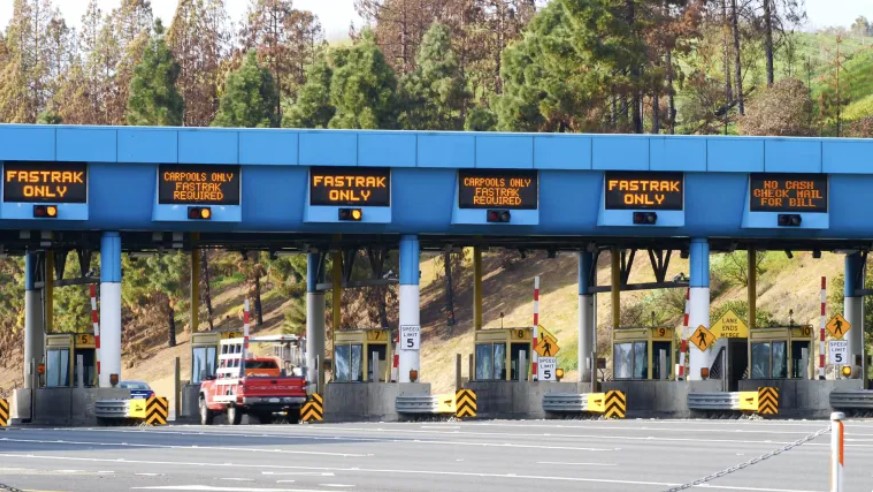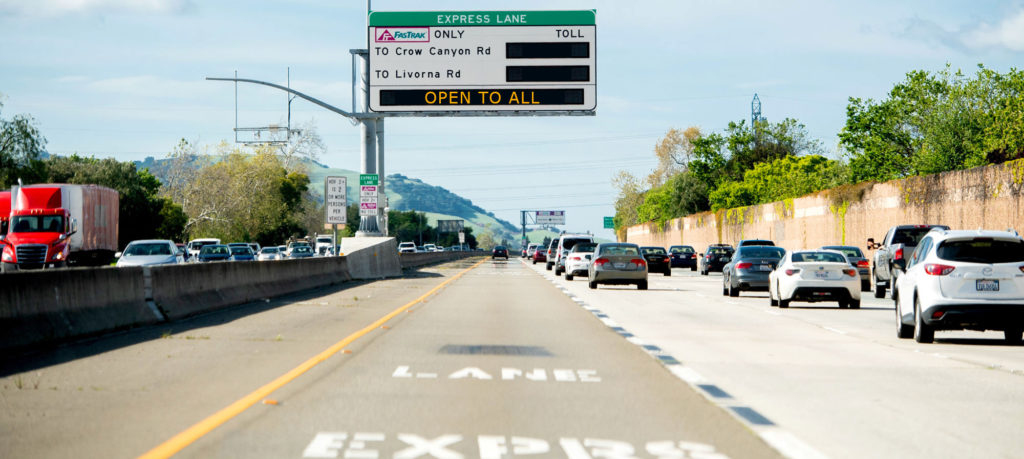Op-Ed: Unlocking the boundless potential of aging through transit
Wednesday, August 30th, 2023
CCTA partners with Choice in Aging, Mobility Matters provides free, door-through-door services for senior residents.
By Federal Glover, Chair, Board of Directors, Contra Costa Transportation Authority
Last week, on National Senior Citizens Day, we were reminded of the barriers that exist for our older community members. While we celebrated our elder citizens’ incredible contributions to society, we reflected on our responsibility to bolster resources that support independence as people age. One resource in particular, transportation, is a crucial component to enhancing our senior citizens’ quality of life and local governments have a responsibility to address the challenges to utilizing essential services.
Throughout California, there are public health and human resources that stay true to the theme of boundless potential in aging, but an element that often gets overlooked is transportation. Transportation, which has a uniquely human element in carrying people through life, has not been designed with senior citizens in mind. Instead, seniors often face countless institutional barriers that prevent them from taking trips to medical appointments or the grocery store – simple trips that are important for people’s independence.
At CCTA, we believe in equitable access for transportation and our “Mobility for All” model doesn’t just address cars, bikes, buses, or trains–but also the mobility needs of our veterans, people with disabilities, and seniors.
There is a gap in accessible transportation for seniors and it is critical to design transportation systems to meet the unique needs that come with aging.
CCTA’s job is to create transportation that all residents can access. Most importantly, we have a responsibility to understand the human element of transportation – to understand how people use our services beyond moving from “Point A” to “Point B”. Whether your destination is a doctor’s appointment, a family dinner, or a book club, transportation is necessary to bring you to and from the places that matter to you.
CCTA has engaged with community members to understand how residents are using our service and what changes or needs they have. Since 2021, we have used the Accessible Transportation Strategic Plan (ATSP), which has given us direct insights into these community needs. The ATSP was born from the 2017 Countywide Transportation Plan (CTP). One of our goals of this strategic plan is to become a one-stop-shop for residents, to consolidate our resources so that residents can easily navigate services, and to understand the gaps in those services so that we can best serve our community.
CCTA partners with Choice in Aging, as well as Mobility Matters, which provides free, door-through-door services for senior residents. This system is fueled by over 160 volunteer drivers in the County. We are proud that this program has helped deliver 69,015 rides since 2005. We also support our transit partners’ para transit One Seat One Ride program. Our goal is for seniors and disabled individuals to have “one seat” journeys–so that a trip across the County does not have to involve multiple transfers between trains and buses.
CCTA is constantly looking at ways to use innovation to improve and expand services to older adults. To improve mobility in the Rossmoor Senior Community, early next year CCTA will launch an autonomous shuttle service. These shuttles will keep senior residents connected by bringing them to essential services and goods within their community.
CCTA is committed to continuing our efforts to improve transportation for our senior population. We encourage community feedback to best understand how to fulfill your needs.
We’ve made remarkable strides but recognize that there is always more we can do to implement the vision of “Mobility for All”. We will continue to knock down barriers so that aging is not seen as a limitation– but rather boundless potential.














